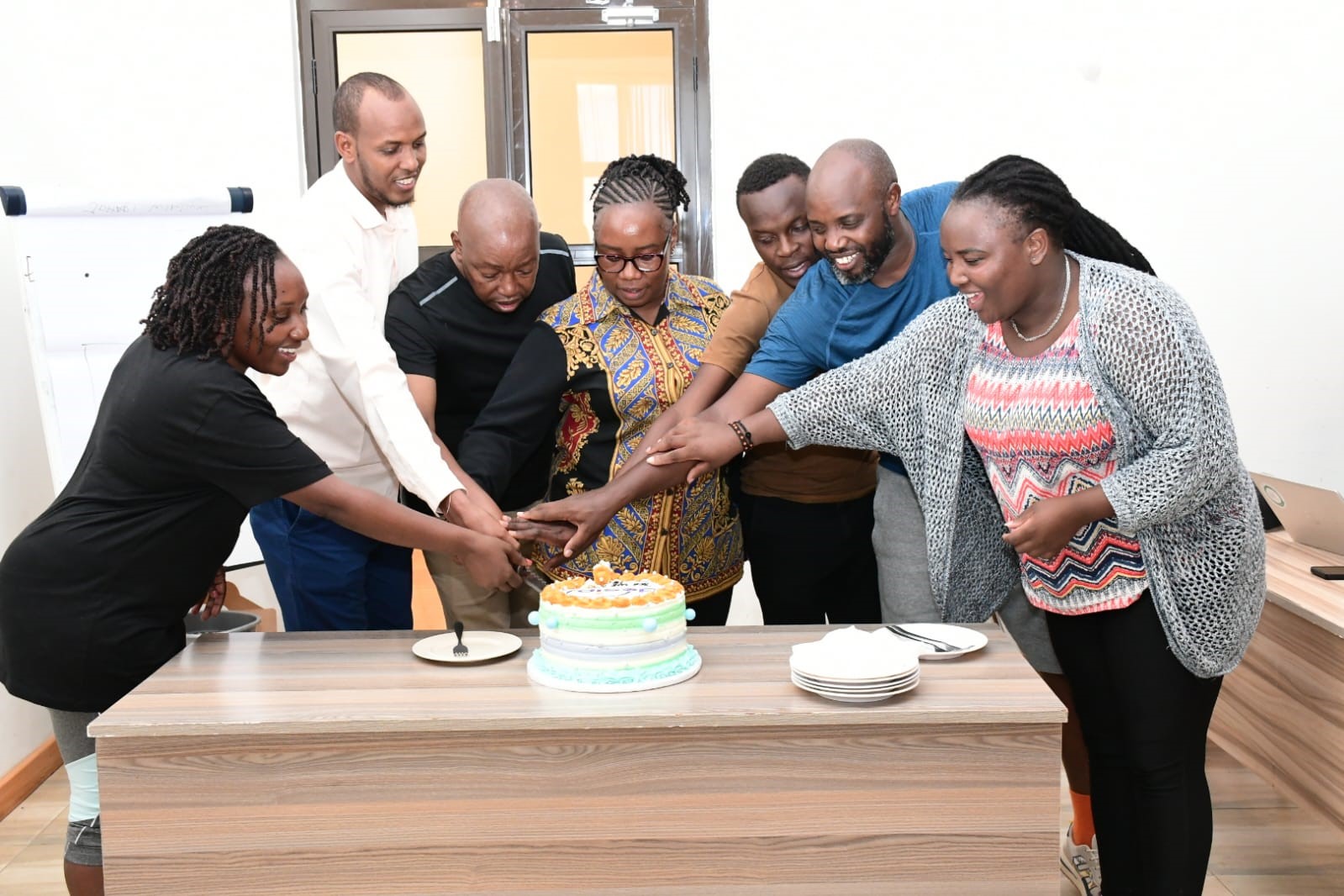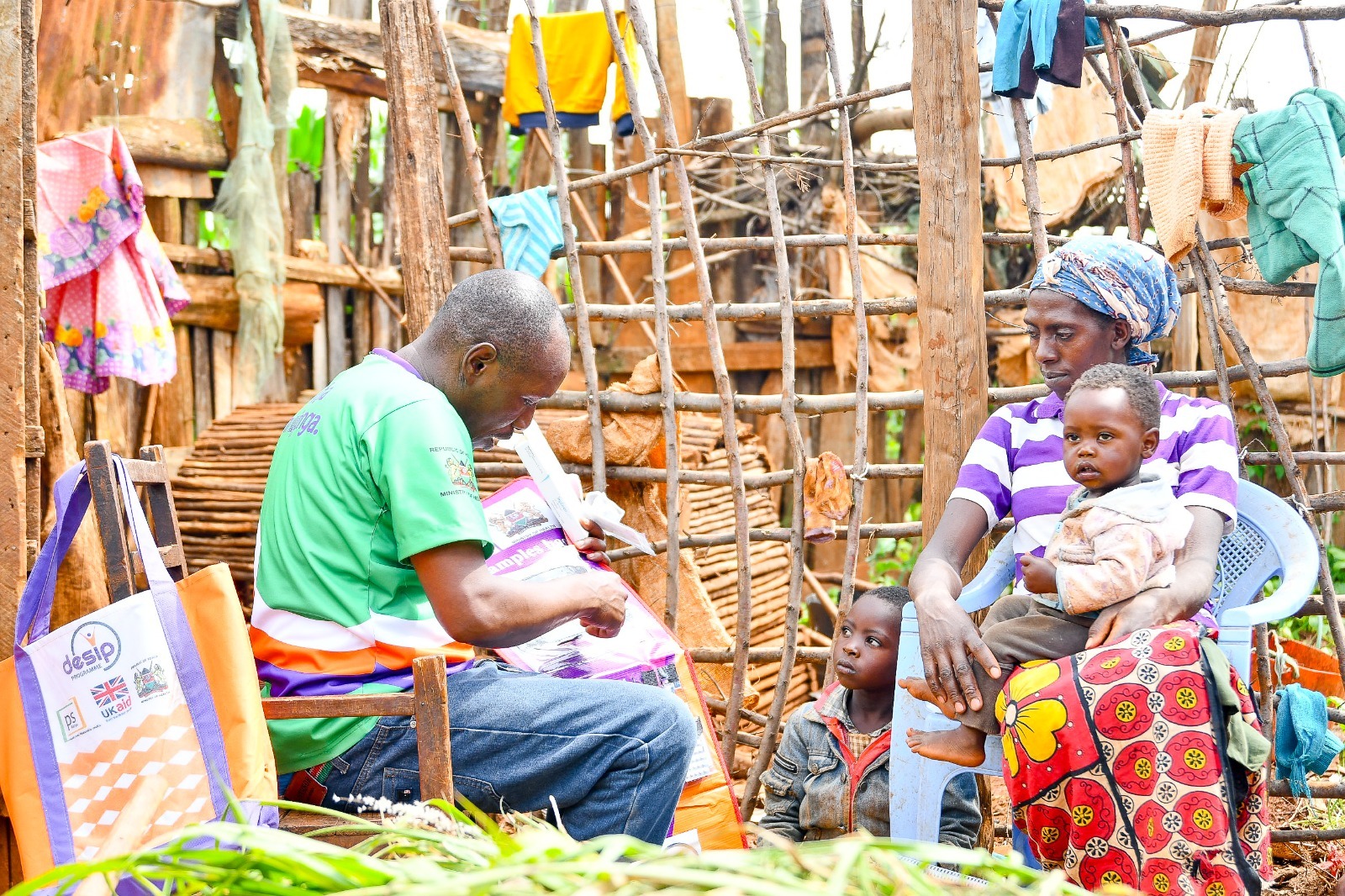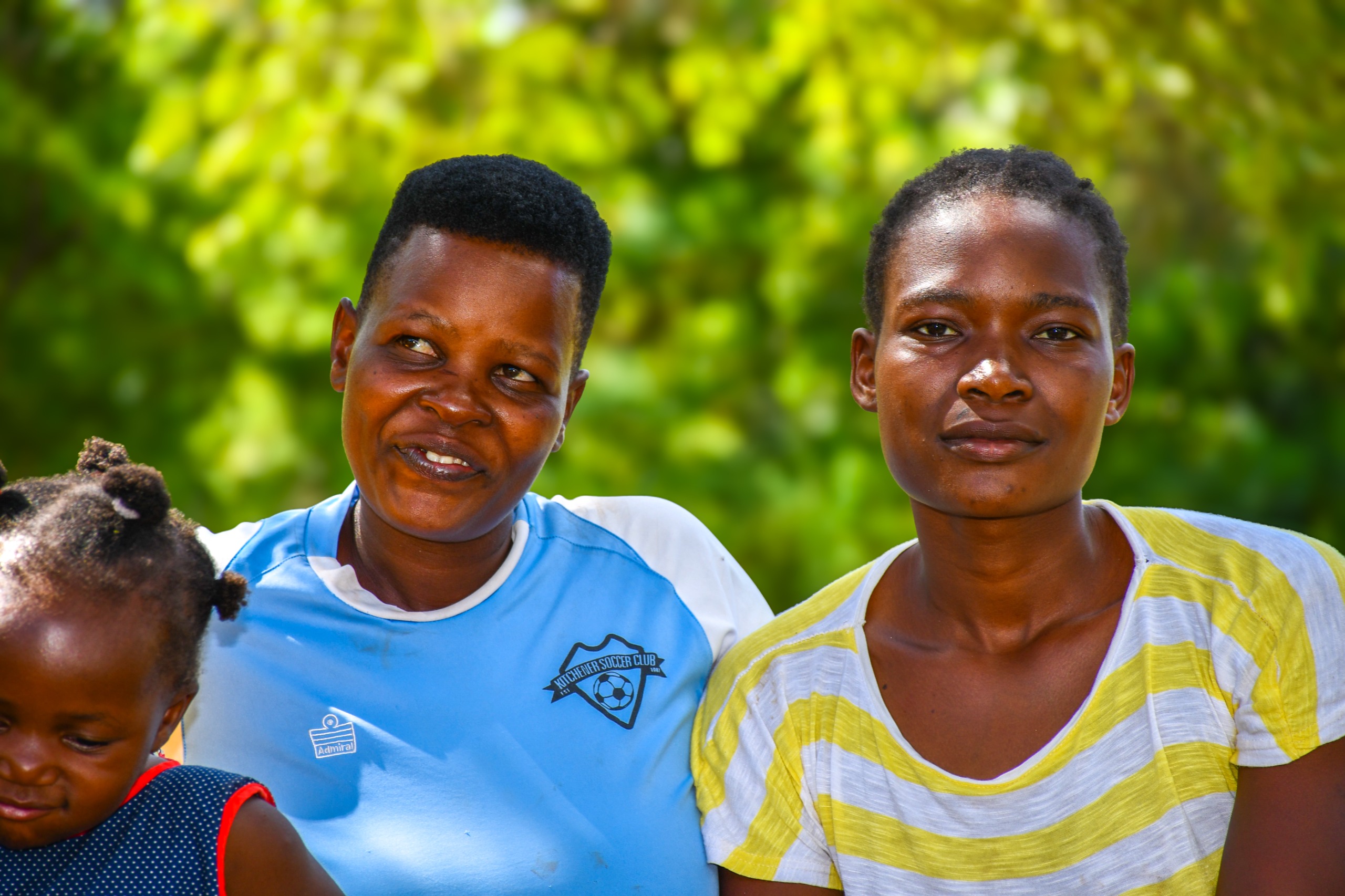The DESIP Program has impacted and contributed to the reduced maternal mortality, new-born and child mortality reduction of the population from hard to reach areas including persons with disabilities through contextualized strategic interventions. Recognizing the power of peer influence, the program integrated peer education and support networks. Young people from the communities were trained as youth champions, equipped with comprehensive knowledge of Sexual Reproductive Health (SRH). These peer educators engaged in outreach sessions, facilitated discussions, and served as a bridge between healthcare providers and the youth. This approach created a safe space for adolescents and young people to express themselves, share concerns, and seek guidance from their peers who understood their unique challenges.
“I conceived while in form four and this affected my KCSE performance, and with the tough experience I went through it made me shy away from people, I could however still have boy girl relationship with no agemate to advise me better. But since I got recruited and trained as a youth champion, I got empowered to share with my peers and they have since come out and share freely and refer them appropriately...” narrates Jane a trained youth champion.

Understanding the limited accessibility to healthcare facilities by young people because of the distance and topographical nature of Suba sub county, the program took proactive steps to ensure that SRH services were brought directly to the communities. Integrated mobile clinics were set up in strategic locations, coupled with door-to-door outreaches and awareness campaigns. The program leaders, recognizing the deeply embedded cultural norms and stigmas surrounding SRH, prioritized sensitization and the involvement of men and boys, helping break down barriers and empower the youth to openly discuss their reproductive health needs.
“There are times when we go for an outreach to offer contraceptive services as a standalone without tagging along other health services, the turnout has always been low. This is always different when we visit them with range of services.” adds Brian a clinical Officer.
The same sentiments are shared by Elshadai Joan, a youth champion and lead mobilizer who believes that contraceptive services should not be handled as stand alone, hence, should be integrated including taking services closer to the target audience by organizing targeted integrated health outreaches.
“When we carry out mobilization, participants insist on having a range of services on offer so as not to get victimized or judged by their peers for accessing reproductive health services. if it was communicated during mobilization that there will be range of services, one might not know if you are visiting service provider’s desk for malaria, HIV or even contraceptives, that alone gives them confidence to turn out in good number.”
The program has also strengthened communication via digital technologies and social media which has created a positive output on information dissemination in a holistic manner to youth and adolescents within the implementation sites of hard to reach areas.
Linet, one of the girls reached with the intervention and has also mobilized her peers cites that, “Online engagement has made information access easy to me, I don’t need to go and line up in the facility for long just to consult, I get them at the palm of my hands and can still book real time appointments with the nurse or clinician.”
This has been made effective through the use of trained youth peer providers in hard to reach set ups, who engage their peers in online weekly sessions, WhatsApp, Facebook and SMS to convey relevant and appropriate messages to its members and the public in need of family planning information, products and services.
Not only is access to health services critical but the quality of services is critical too. Poor and marginalized adolescents used not to seek reproductive health services, as they faced stigma and discrimination and inadequate youth friendly interaction and care from health personnel. The DESIP program worked around this through structured mentorship, training of health care providers and demand creation agents on Counselling for Choice (C4C), post training follow ups and Routine Data Quality Assessments (RDQAs), Continuing Medical Education (CMEs), and commodity management support through verification redistribution which has been essential for continuity of service provision. Mercy, a nursing officer at Suba sub-county hospital recalls when they used to see fewer number of young people turning up for services, a matter that has changed since the inception of the program in the sub-county.
“Some of us stay within the hospital, and I can tell you, nowadays they even come look for us in our houses during weekends or late in the evening and we are flexible and attend to them, personally weekend used to be my resting days, but currently I understand how dealing with youths requires flexibility…”
DESIP adolescent-responsive contraceptive interventions has been through enhancing health information systems, mobilizers and service providers capacity building, service delivery, access to essential medicines, financing and governance. This has made young people from hard to reach areas receive information and services without interruption.



